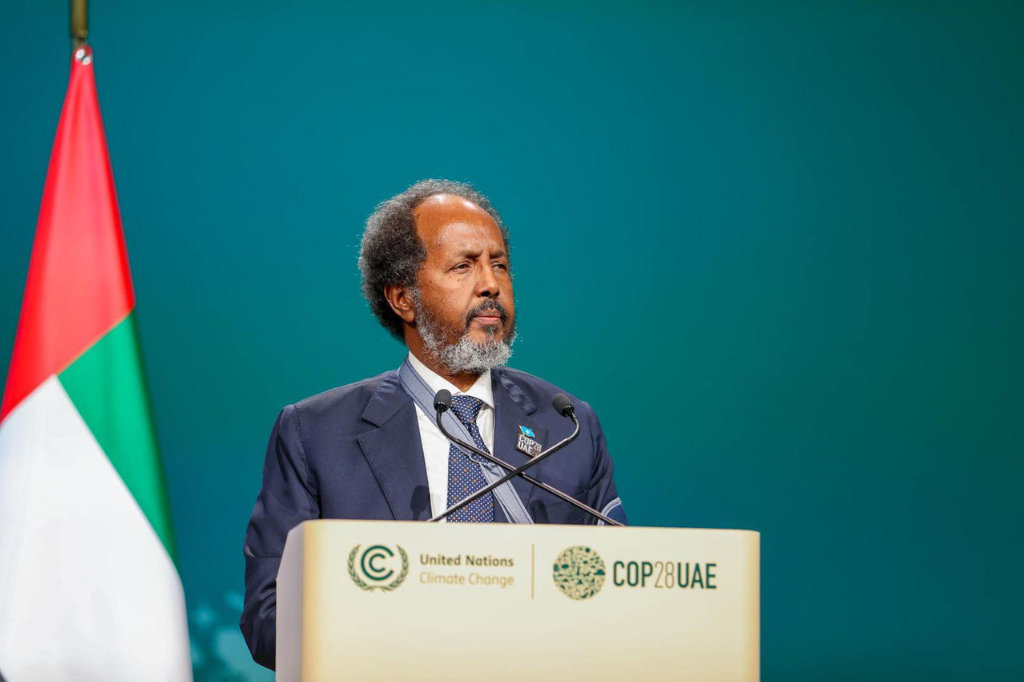
Somalia’s State of Affairs; a Response to Professor Abdiwahab Abdisamad
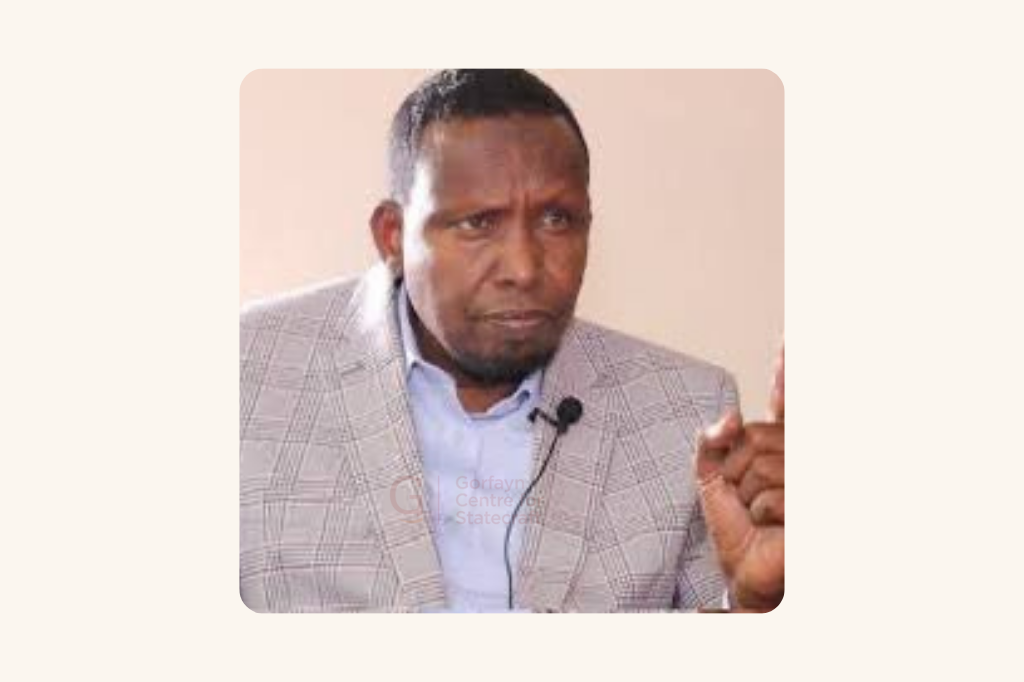
As a Somali Kenyan academic, I rarely respond to many analyses on Somalia. But I occasionally find reason to respond especially when my peers raise issues which I find touches on peace and international security, my two areas of academic interest. Although the context is different, the reason I cannot avoid is also majorly in line with what the famous poet, Mohamed Omar Dage, said in early 20th century “Abtirsiinyo waa dacar jinnoo waan danqanayaa” (Lineage is like the bitter Aloe Vera, so I get hurt.).
A case in point is Professor Abdiwahab Sheikh Abdisamad’s piece, which appeared in the Black Agenda Report on 18th January, 2023.
He starts by painting a picture of gloom and doom in Somalia today. He avers that “the army is disintegrating, the economy is in disarray, and public trust in the government is eroding”.
Unfortunately, he provides no evidence to show that the army is disintegrating, provides no economic data on Somalia, and further gives no empirical evidence to show that public trust in the government is eroding.
The article acknowledges the serendipitous nature of the current military operation in Somalia by saying that “month into his rule, a popular revolt against al-Shabaab occurred in the Hiiraan Region, in central Somalia”. Then comes the gross misinterpretation of facts. Abdiwahab postulates that the president ‘‘used the uprising as a means to arm specific militias that he created himself, with the result of pitting clans against one another”.
This claim is scandalous. Abdiwahab has not told us what benefit, political or otherwise, the president gains from pitting one clan against another.
As if that is not enough, he follows up with what some folk could interpret as ventriloquizing for the al-Shabaab insurgency although I am certain he did not mean to do so.
He posits that the president has thrown the militias under the bus and as a result “the popular revolt is now on the edge of collapsing, and al-Shabaab is regaining regions”.
For those who follow the operations keenly, these assertions can only be termed as alternative reality. It is baffling that someone of the Professor’s stature is oblivious to the basic fact that the Somali National Army (SNA) is working hand in hand with the local militia called Macawisley liberating almost 70 percent of Hirshabelle region and 60 percent of Galmudug region.
In his book, Selections from the Prison Notebooks, the revered intellectual, Antonio Gramsci tells us that “the purpose of discussion is the pursuit of truth”. A truthful examination of the current military operation will attest to the near eternal presence of General Odowa Yusuf Rageh and General Mohamed Tahlil Bihi, Chief of the General Staff and the infantry forces commander of the Somali National Army respectively on the front lines proving that the president has not abandoned the clan militias.
Furthermore, by failing to see the perpetual presence of the Hirshabelle president and his deputy and the immense contribution of the indefatigable Hiiraan regional commissioner at the front lines exposes one more of Abdiwahab’s wilful negligence of basic facts.
His analysis ignores the monumental achievement of the joint operation despite the meagre resources available. For the first time in 15 years, a team of security officers in the company of Hon Mohamed Abukar Jaffar, a member of the Federal Parliament drove all the way from Mogadishu to Mahas in Hiiraan region thanks to the ongoing military operation.
A caveat will suffice at this stage. I am of the opinion that despite the current military success of this operation, ending an insurgency is more than fighting them militarily and that geography is not a major factor in a successful counterinsurgency. Be that as it may, concealing the current strides in ongoing operation is like attempting to hide a rising sun with one’s palms.
At least of a point of convergence in the professor’s analysis. He notes that the current administration has signed an oil production-sharing deal with Coastline Exploration company. He informs us that Mohamud’s government signed the agreement despite objections from many quarters. I agree that this deal was done in haste and fails the transparency smell. The convergence was short-lived. The divergence continues.
The Professor feels that it was wrong for the current administration to agree to a two-year extension for the European Union to operate in Somalia waters. His objection is based on the premise that it will impede” the country’s ability to have its own naval force to protect its territory from illegal fishing and armed smuggling. He does not tell us how the extension curtails the development of the country’s naval force.
The mission is not a recent occurrence. It was launched in December 2008 and since then subsequent Presidents granted extensions. The mandate has been prolonged on 1st January 2021 for another two years until December 2022 (vide Council Decision 2020/218). This was one year and half before Hassan Sheikh came to office.
Quoting anonymous sources, Abdiwahab sensationally claims that “the EU shipping fleet is the ‘number-one harvester’ of the depleted supply of yellowfin tuna in the Indian Ocean”. This is a breaking news, and it will interest all major news outlets in the world. To save Somalia’s marine resources, I suggest that Abdiwahab shares this “vital and ground-breaking information” with the relevant authorities.
In the world of Professor Abdiwahab, historical facts do not matter. He attributes last year’s extension of the UN arms embargo to the current cooperation between the local militia and the SNA in the fight against Al-Shabaab. There have been many attempts before, including Hassan Sheikh Mohamud’s first term as a president, by respective administrations to lift the UN Arms Embargo in Somalia. By alleging that the most recent refusal to lift the ban is as a result of clans’ cooperation in the military operation is over stretching the truth.
The government has stated categorically on many occasions that it is not arming the local militia but only providing ammunition for their light weapons.
According to the Professor, the appointment of Mukhtar Robow as the Minister for Endowment and Religious Affairs was a big mistake. This is a parochial view of peacebuilding. However limited its role in a counterinsurgency, Mukhtar Robow has performed well his key task of de-legitimization of al-Shabaab’s message.
Abdiwahab accuses the president of appointing Mahad Salad to head the National Intelligence Agency because Mahad lacks experience in the field of intelligence. Paradoxically, like Mahad Salad, who Abdiwahab accuses of lacking prior intelligence experience, Fahad Yasin was a senior editor at the Qatar based Al Jazeera Arabic prior to his appointment. Abdiwahab’s deliberate distortion of facts is evident when he posits that the National Intelligence Agency is collapsing.
Evidence on the ground points otherwise. A week before the article was published, Somalia’s prime minister informed all those willing to hear that 250 bank accounts operated by al-Shabaab and 70 mobile phones used by the insurgency for mobile money transfer have been closed and the proceeds forfeited to the state denying the insurgency the much-required resources to continue fighting. Mahad Salad and his team deserve bouquets not barbs.
An Intelligence Agency does not adumbrate its successes on a daily basis specially when it is fighting a deadly insurgency. It was the famous Dervish poet, Ismail Mire who told us ‘‘Nin tayyiisa maagani, inuu talalo waa ceeb’’ (when a man is on a mission, he does not need to boast about it).
Why not conclude the examination of the article with the words of a Somali poet and premier intellectual? I choose Professor Ali Jimale Ahmed. In his famous and often cited piece, Daybreak is Near, Won’t You Become Sour, in the 1994 edition of Ufahamu: A Journal of African Studies, he writes, ‘‘an intellectual is one who attempts to identify problems, reflects on them, and does not shy away from asking hard and unpleasant questions and who suggests not imposes some type of solutions to the problem under his/her scrutiny”.
Unfortunately, the article neither asks hard questions nor suggests any type of solutions to the myriad of problems he identifies.
Finally, President Hassan Sheikh Mohamud is not an angel running the affairs of state. His administration can be faulted in many ways. This doesn’t include cherry-picked tweets and 1000 words of fulmination.
- Tags: al-Shabaab, Counter insurgency, Response, Somalia
Abdi Noor Mohamed
Related News




Somalia’s Single-Use Plastic Bag Ban Was Long Overdue
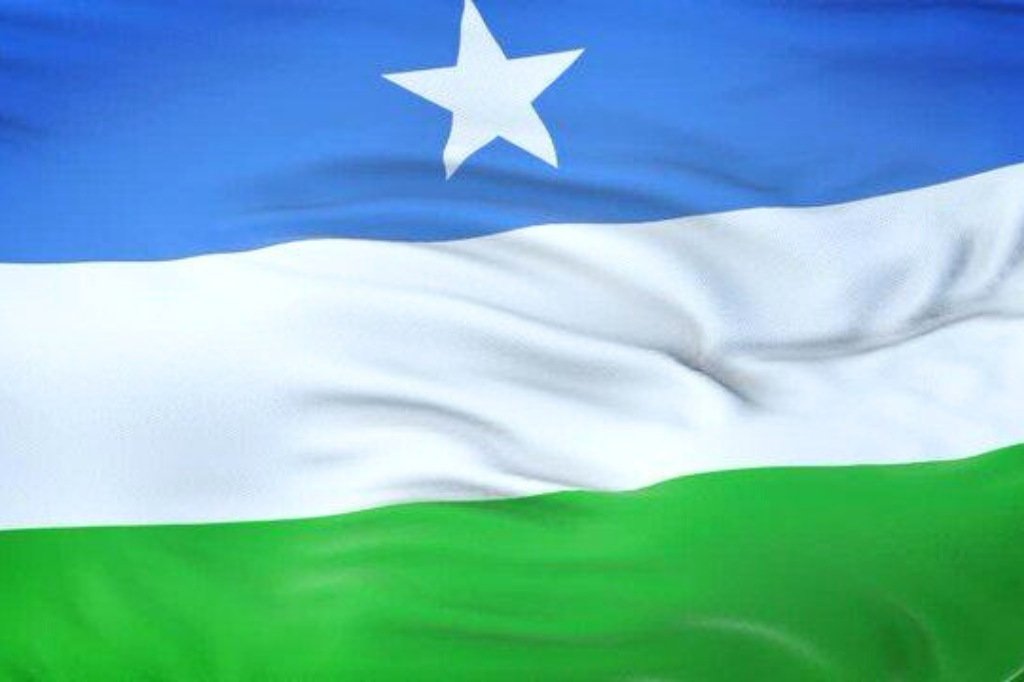
Election in Puntland: A Historical Overview

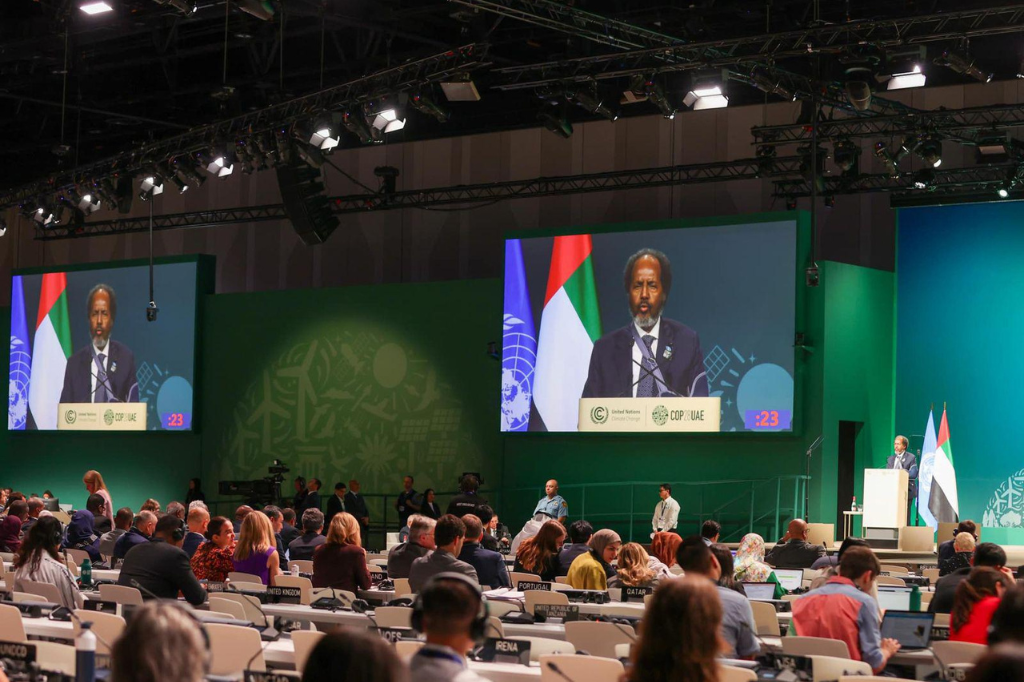
Somalia at COP28 Recap: Key Highlights and Outcomes
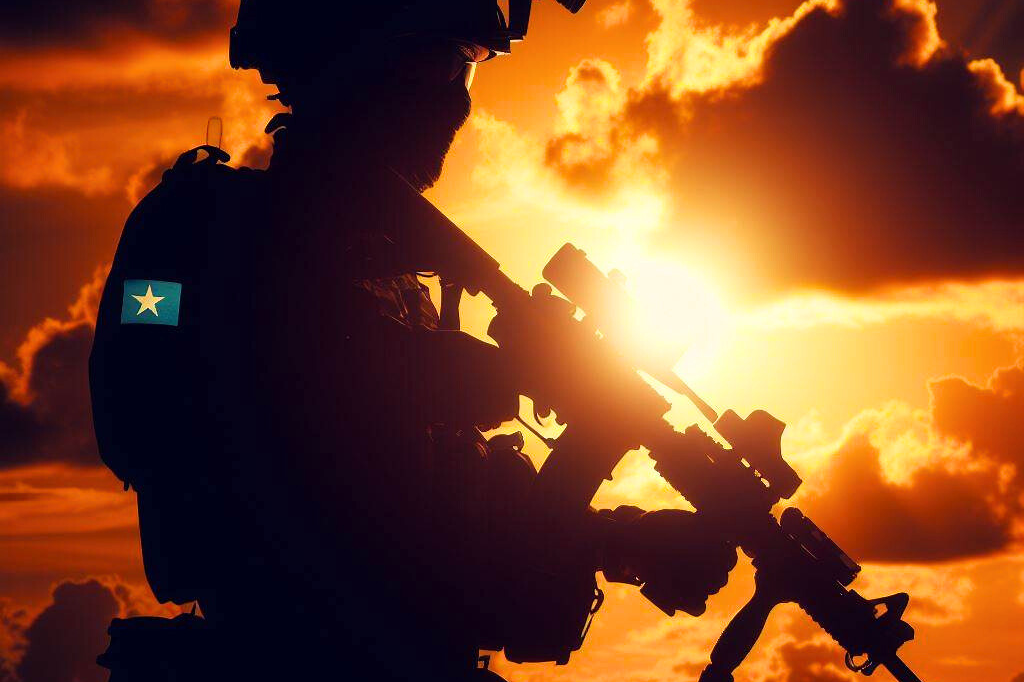
Breath of Fresh Air: The Force Behind Mogadishu’s Newfound Security
